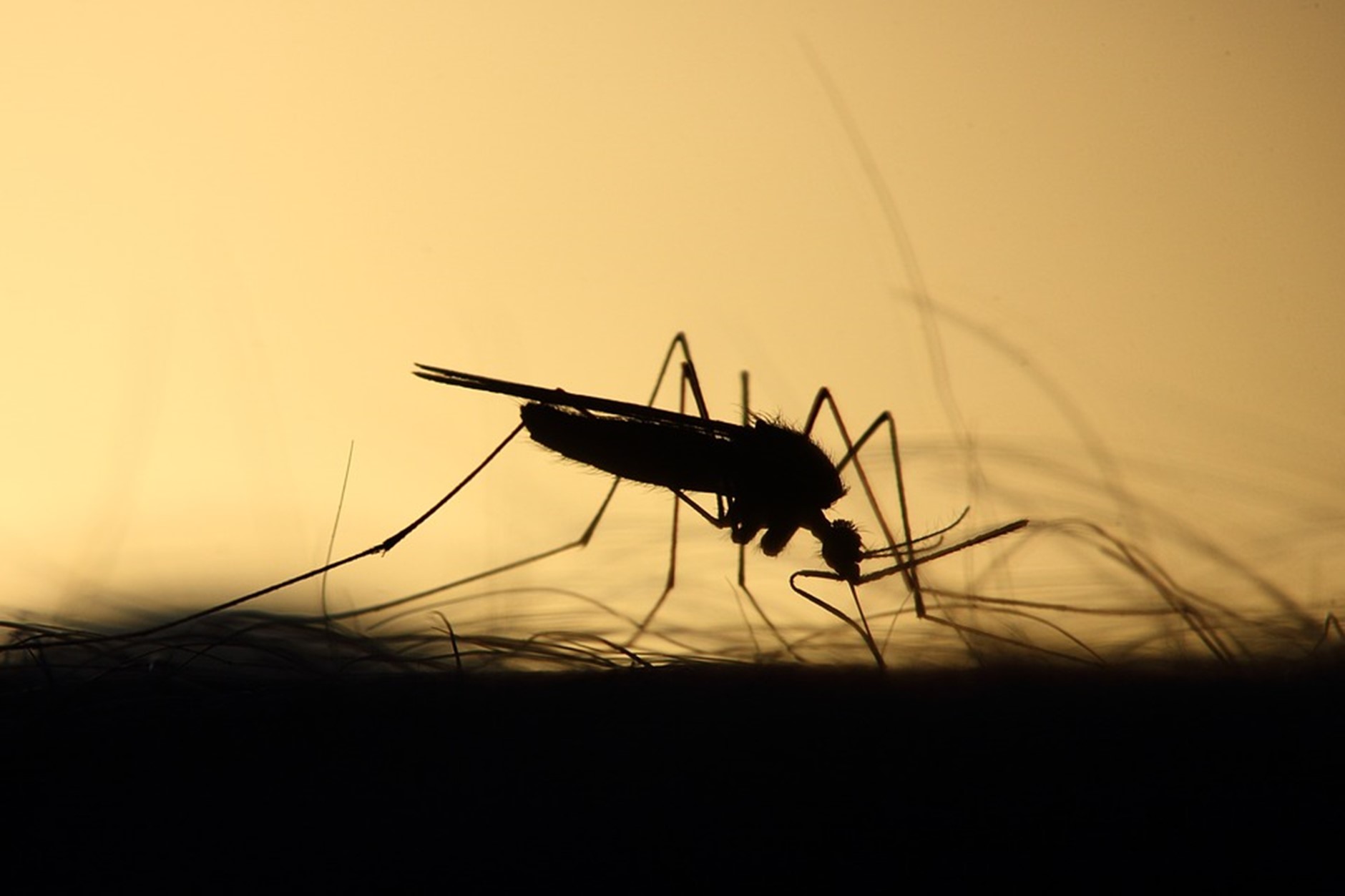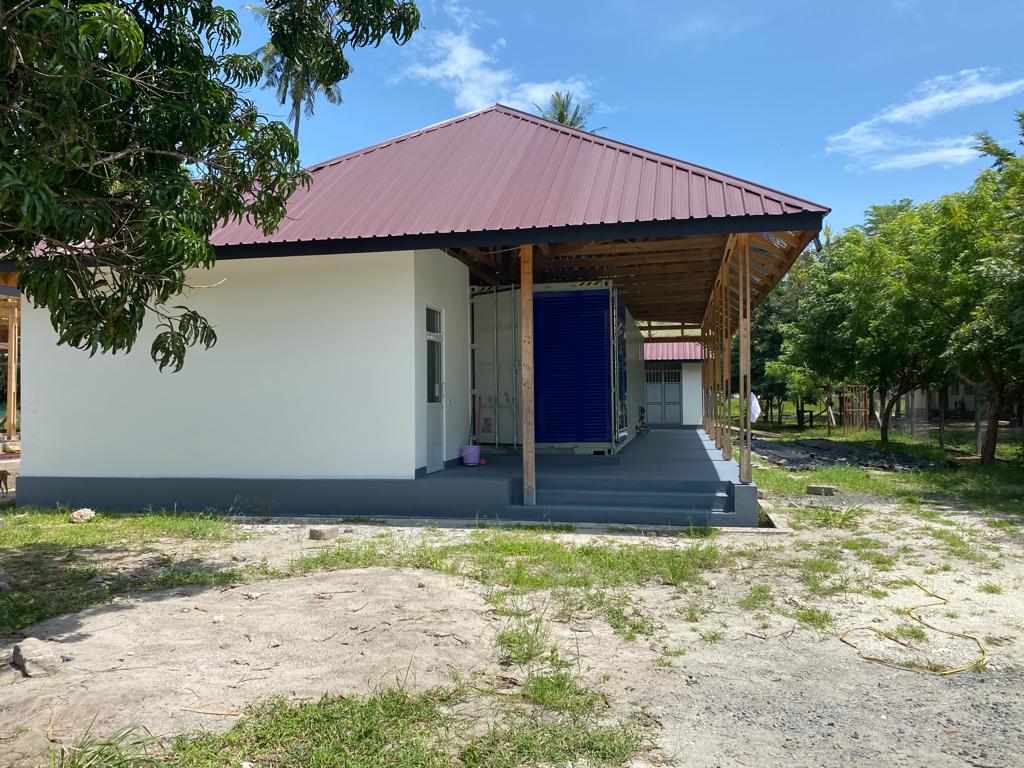By Dr Dickson W. Lwetoijera, Ifakara Health Institute
Last week, from October 24-28, I attended the 20th International Congress for Tropical Medicine and Malaria (ICTMM 2020) at the Bangkok International Trade and Exhibition Centre (BITEC) in Thailand. The event, which is one of the largest tropical medicine conferences in the world, offers the opportunity for researchers, relevant experts, and other professionals to exchange knowledge and expertise in the field of malaria and tropical medicine. My presentation at this year’s congress was focused on highlighting the need to develop and invest in novel tools to fight malaria, as well as on providing an overview of some of the work being conducted towards this goal at the Ifakara Health Institute (IHI) in Tanzania, where I work.

Despite ongoing efforts to eliminate malaria, progress against the disease has stalled in recent years. The burden of malaria in sub-Saharan Africa remains the highest in the world, with estimates from the 2021 World Malaria Report showing that Tanzania alone accounted for 723,000 of the 241 million global malaria cases and 25,707 of all malaria deaths in 2020. At the IHI, we are working to develop and test novel tools to help fight the disease and overcome growing issues such as that of insecticide resistance.
One of the promising new approaches we are investigating is genetically modified gene drive mosquitoes. We have recently teamed up with researchers at Imperial College London as part of a project named Transmission: Zero. The team in London has successfully engineered mosquitoes that block the growth of malaria-causing parasites in their gut, thus preventing transmission of the disease to humans. This innovation is designed to be coupled with a gene drive so that the modification could be spread in wild populations of mosquitoes and help cut malaria transmission.
In keeping with international guidelines, the project will be proceeding in stages, to evaluate both the efficacy and safety of this new technology in incremental steps. At the Ifakara Health Institute, we have developed the infrastructure required to both engineer and handle the genetic modification in a confined environment. We have also set up the necessary facilities that will allow us to conduct some preliminary tests in the laboratory. These will include for example collecting malaria parasites and evaluating whether the genetic modification is effective against these parasites. Our team is also working closely with local communities to share information and knowledge about our work on novel approaches to control malaria. If this technology is proven to be safe and effective, it could represent a powerful new tool in the fight against this deadly disease.

A Biosafety Level 3 (BSL-3) portable containment laboratory at the Ifakara Health Institute, Tanzania
As gene drive technologies move closer to potential field evaluations, it will be essential to ensure that the necessary groundwork for these technologies to be tested safely and efficiently has been laid out. Eventual testing of gene drive technologies in the field will require the development of local technical capacity and infrastructure, as well as the establishment of both national and regional guidelines to help direct these efforts. Most importantly, sustained engagement and communication with key stakeholders – such as communities who are affected by malaria and who could potentially benefit from these tools – should be carried out, to increase both awareness and knowledge of these innovative tools.
Recent posts
